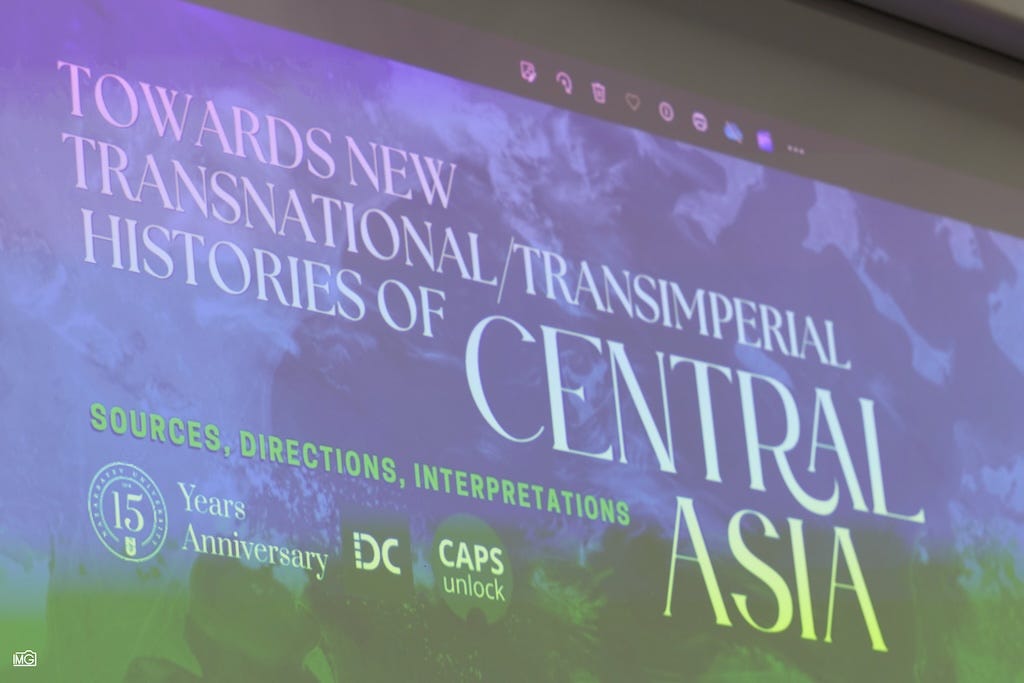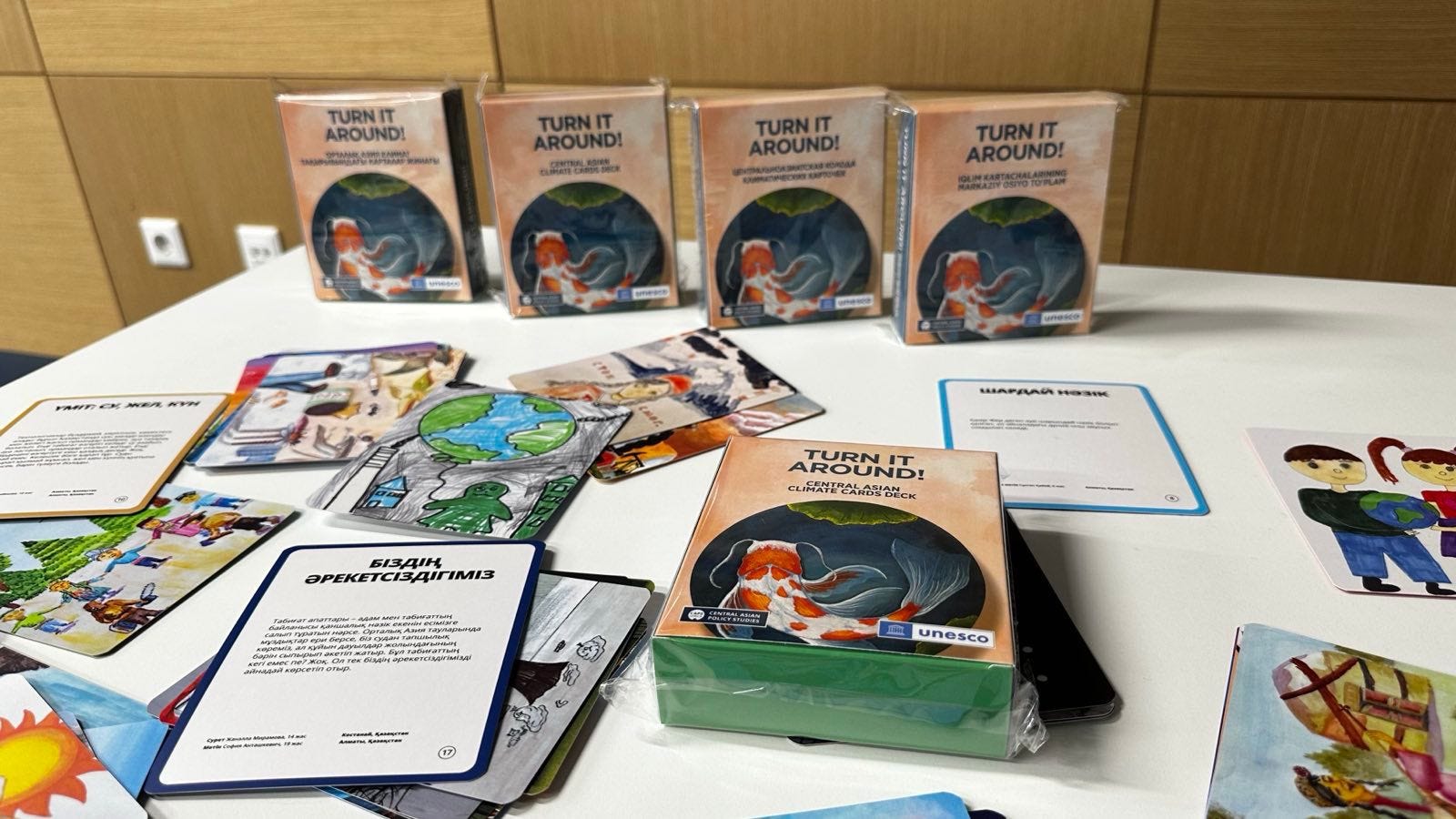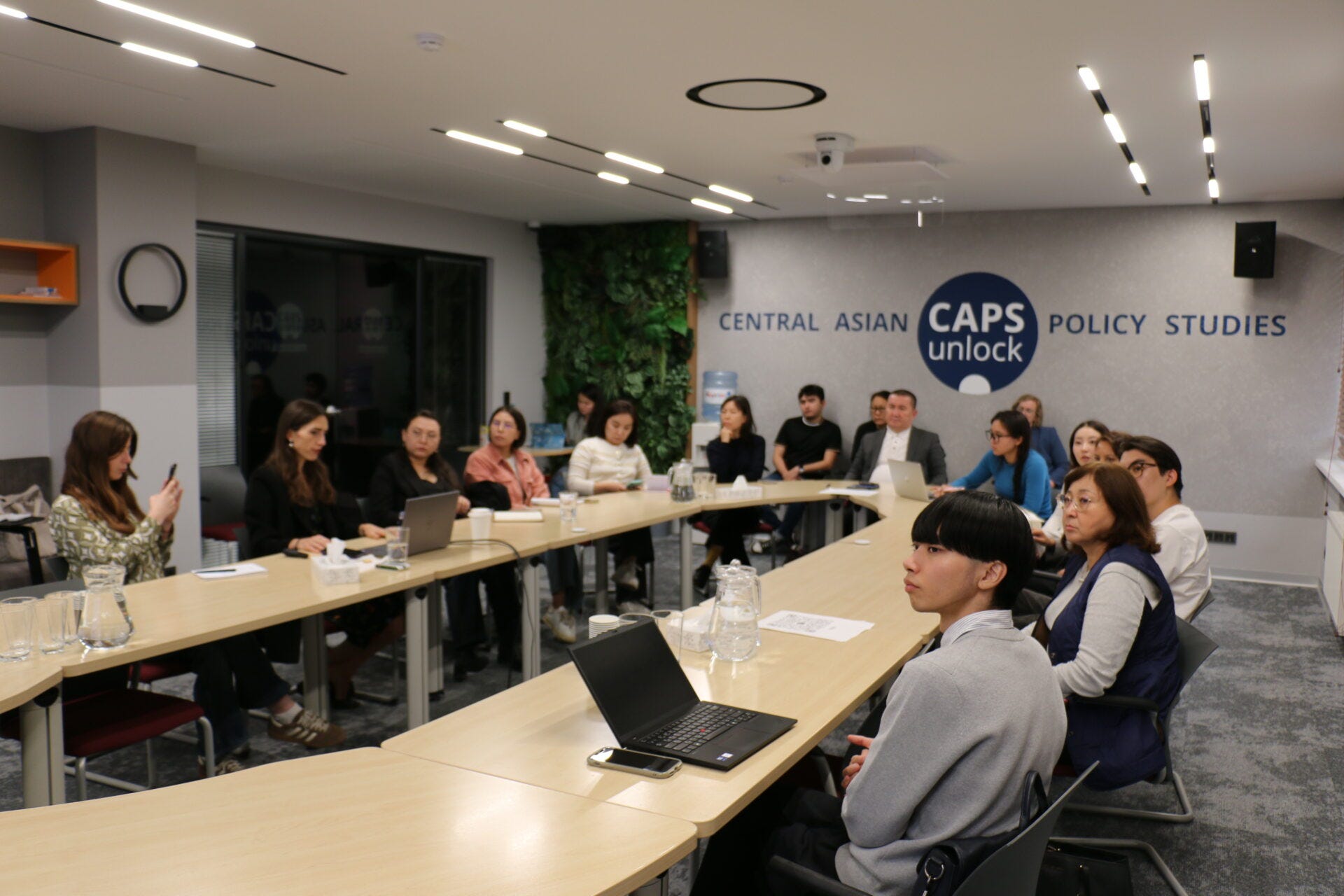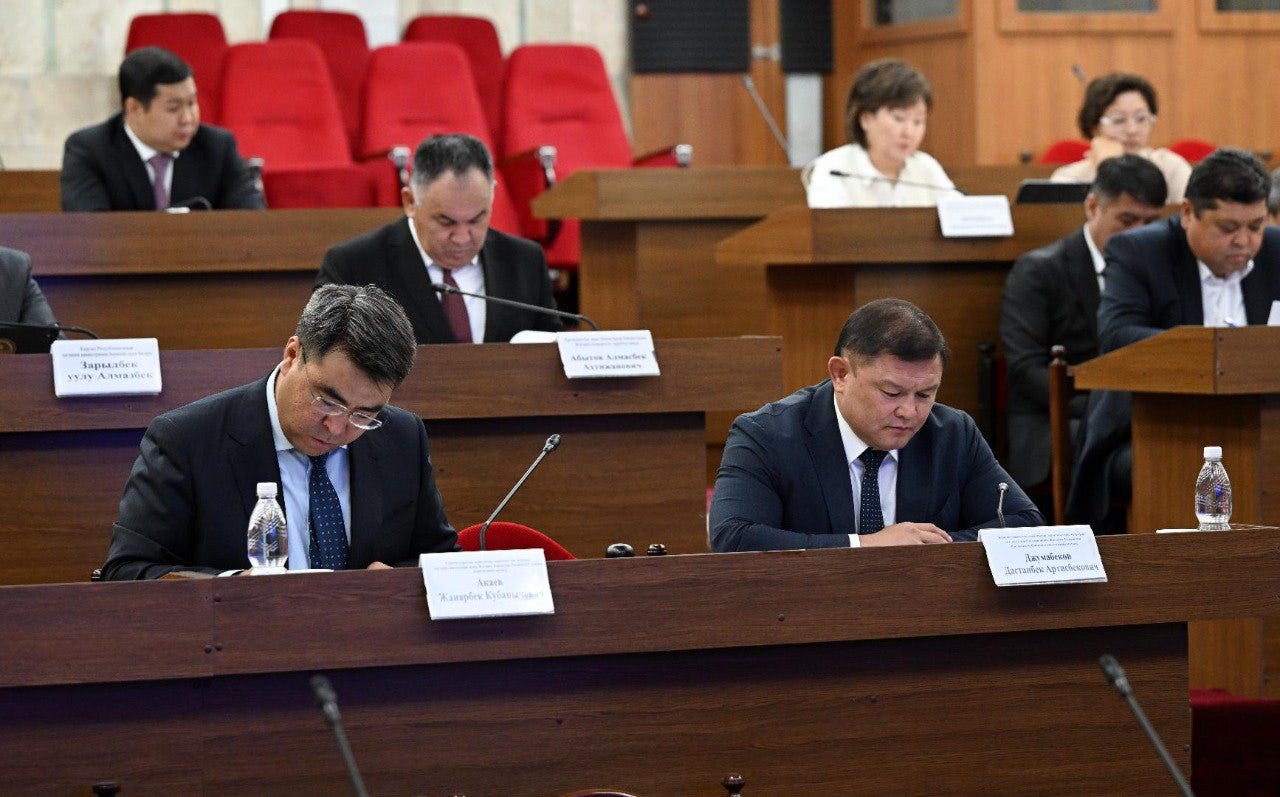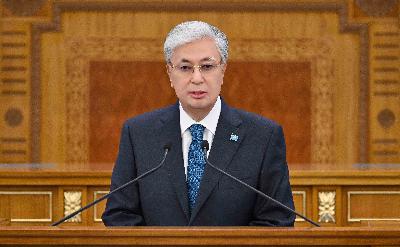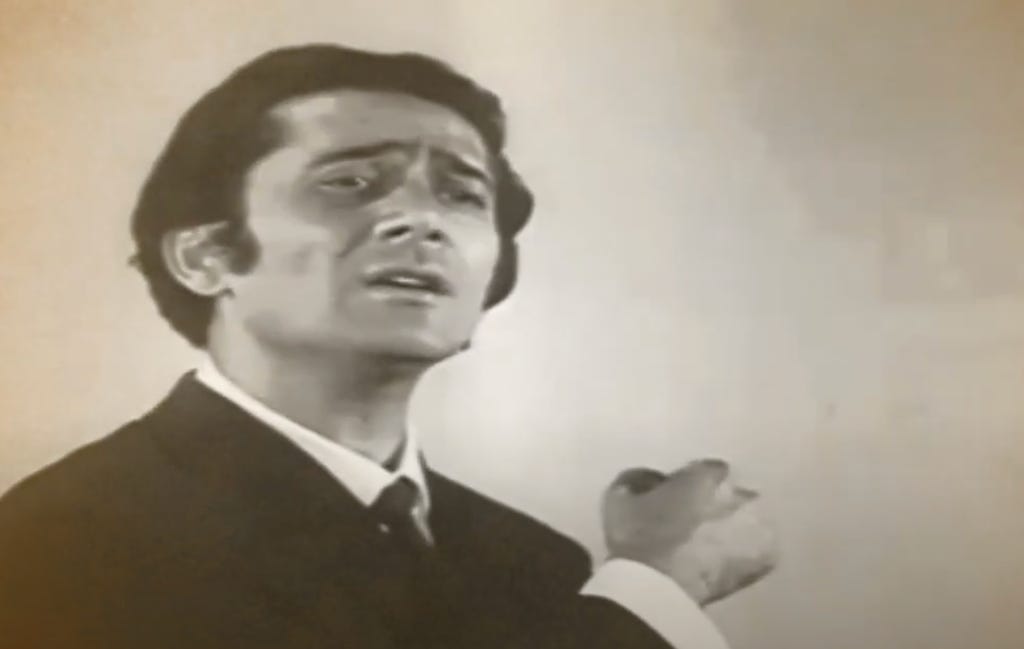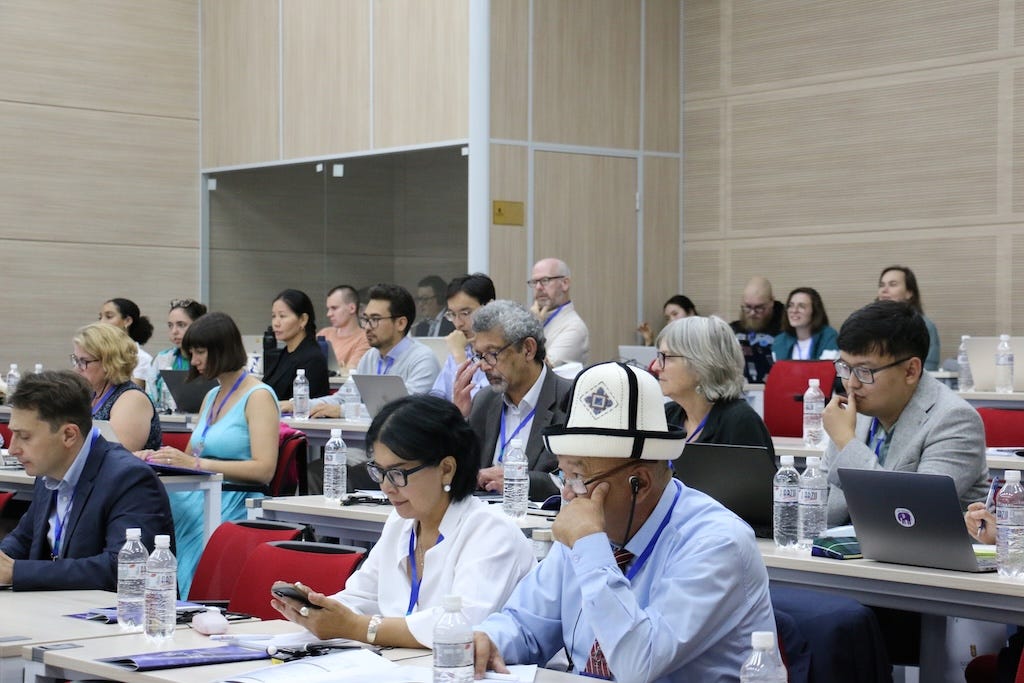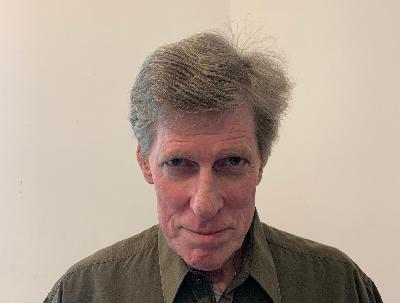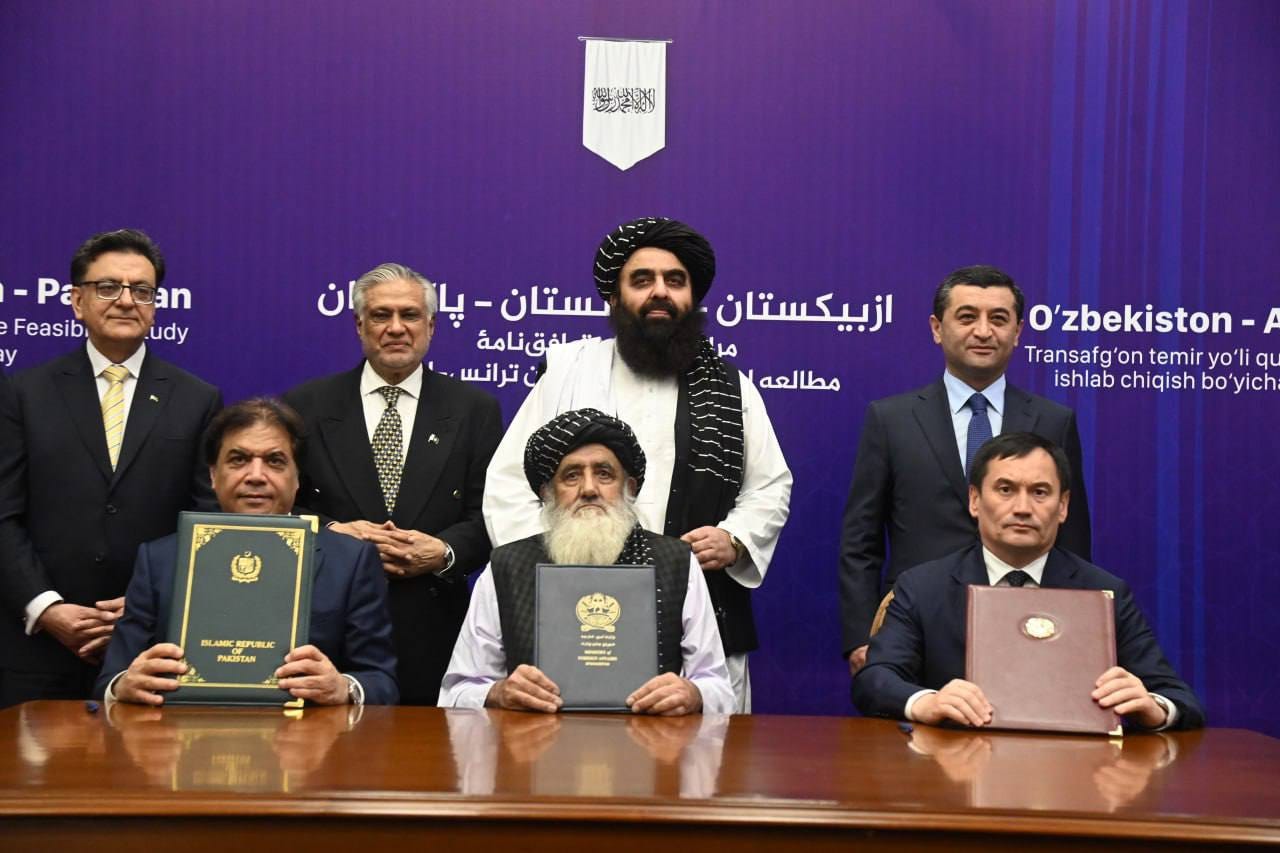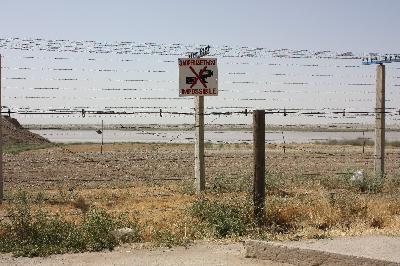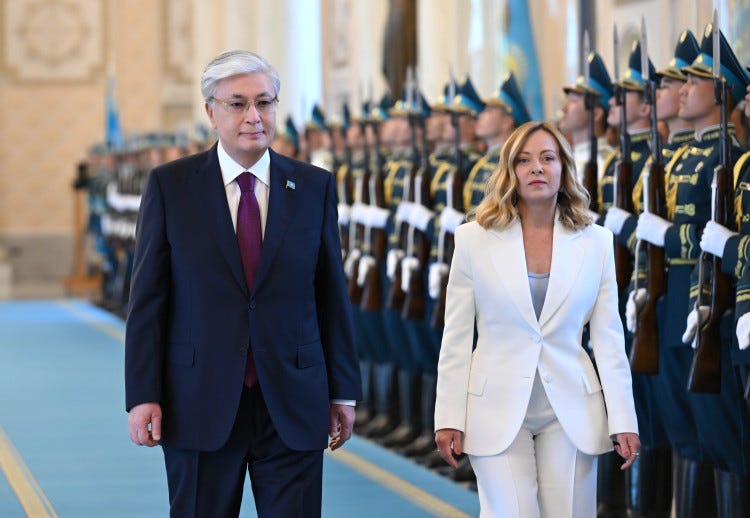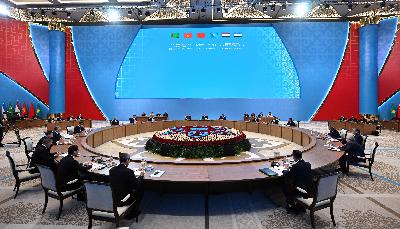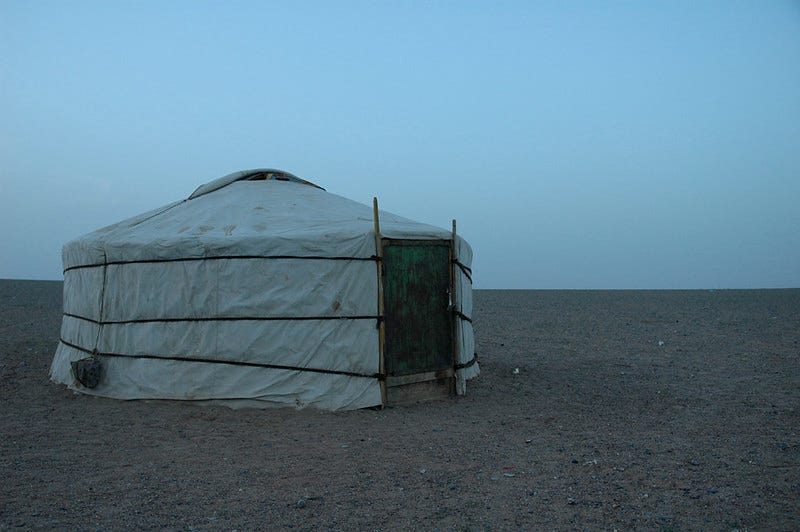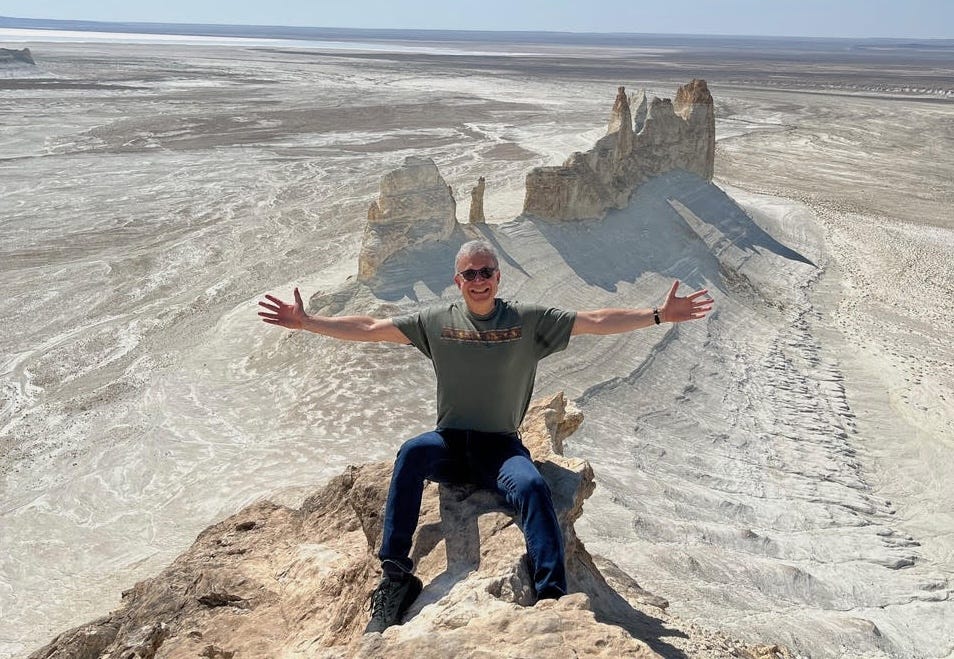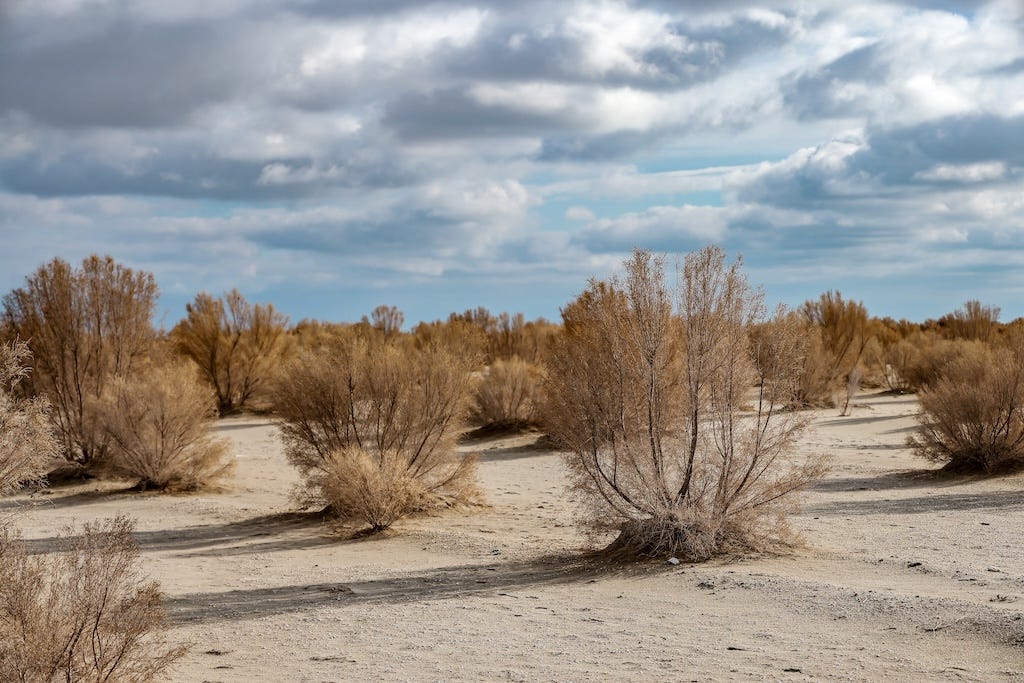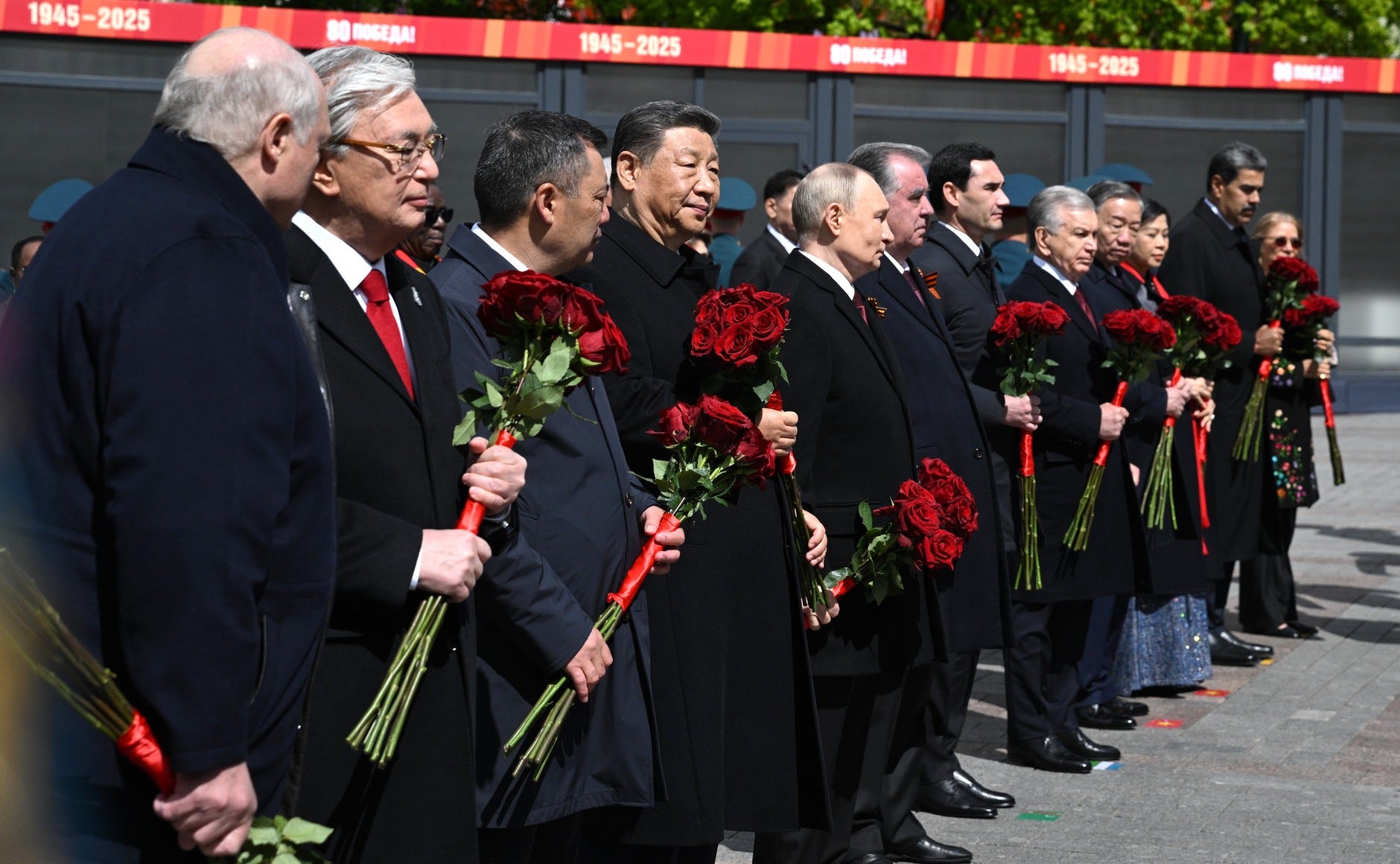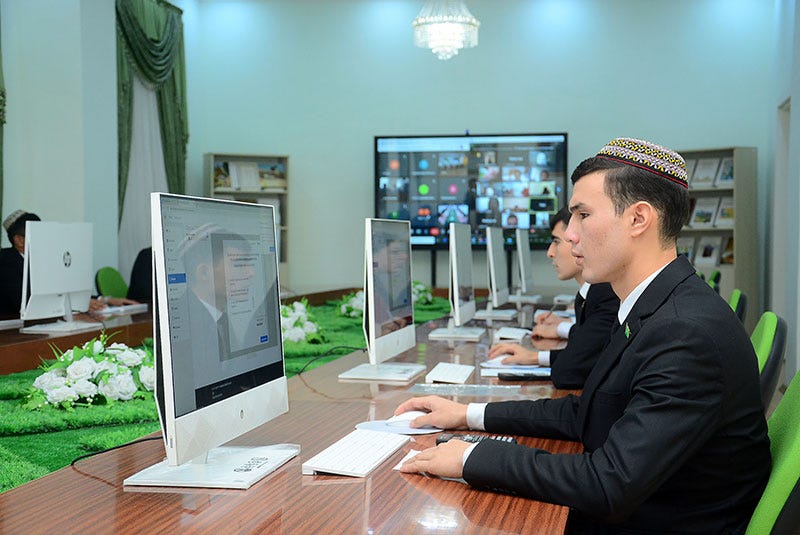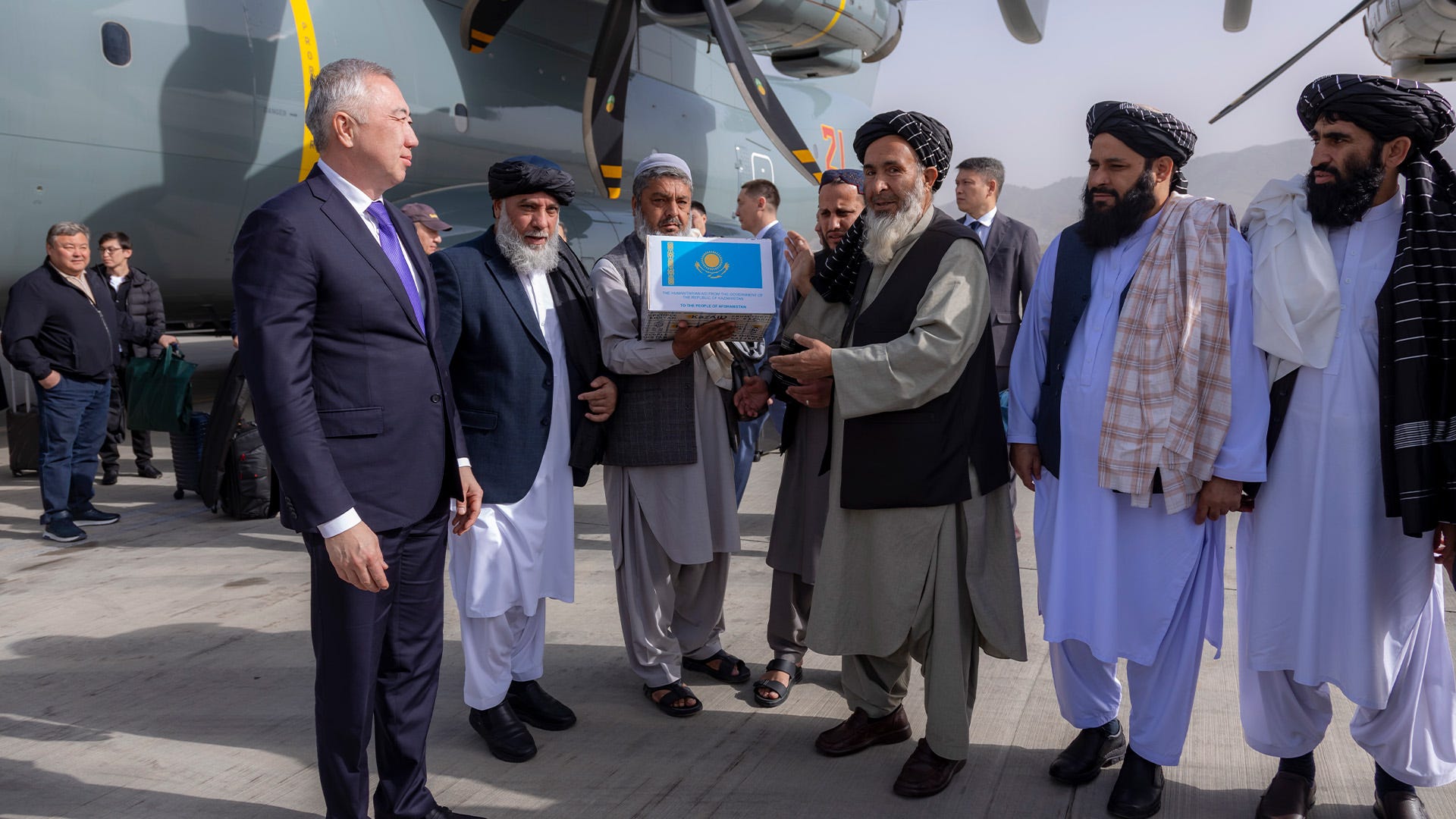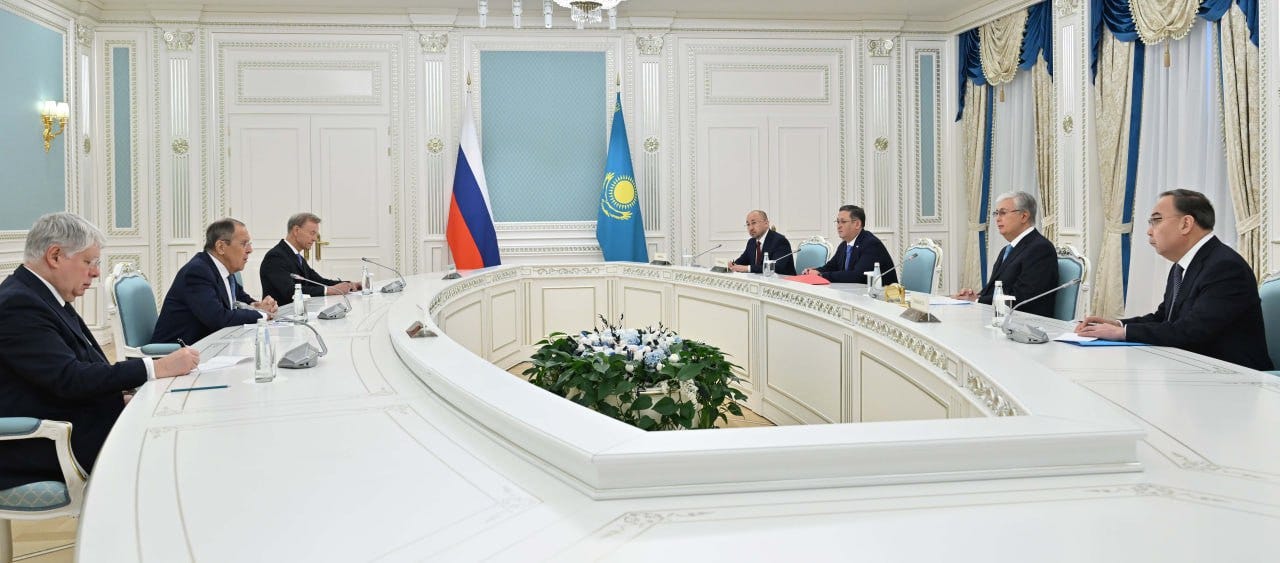Rethinking nations: Beyond the Soviet frame
Description
This week we continue a special series recorded on the sidelines of the international conference Toward New Transnational/Transimperial Histories of Central Asia: Sources, Directions, Interpretations, held at Nazarbayev University in Astana in August. This week we’re looking at what comes after the “nation-making” narrative and how historians are reframing the region through transnational and trans-imperial lenses.
We speak to Adeeb Khalid (Carleton College), Adrienne Edgar (UC Santa Barbara), and Javeed Ahwar (Nazarbayev University). The conversation begins by dismantling a familiar myth that Lenin and Stalin casually drew Central Asia’s borders in late-night sessions. Instead, borders emerged from protracted bargaining between Moscow and local elites. The guests argue that while much of the nation-building story has been mapped, the field is not “finished”; it is widening to examine flows of people, ideas, and commerce that exceed state lines.
Ahwar probes those written out of tidy national narratives, from Sarts to tribal identities folded into broader categories. He cautions that scholarship can unintentionally reinforce nationalism and urges more inclusive frames that acknowledge internal diversity. Edgar situates the Soviet period within a global wave of interwar nation formation, noting that nation-states might have arisen regardless, though not necessarily in the exact Soviet configuration. Khalid underscores a broader point: all nations are constructed, and in Central Asia the scaffolding is simply more visible.
Where next? The guests point to two frontiers. First, reassessing transnational Soviet projects such as “friendship of peoples,” civic Sovietness, and internationalism. Second, thinking beyond the five-republic box to long-standing connections with Xinjiang, Afghanistan, and the Indian subcontinent, and to cross-pollination among major intellectual figures. The aim is a history that tracks mobility, cosmopolitanism, and overlapping imperia alongside nations.
CAPS Unlock extends immense gratitude to Professor Mikhail Akulov, Medina Kerimberdiyeva, and the Nazarbayev University student volunteers who made both the conference and this podcast possible.
Get full access to Havli - A Central Asia Substack at havli.substack.com/subscribe

